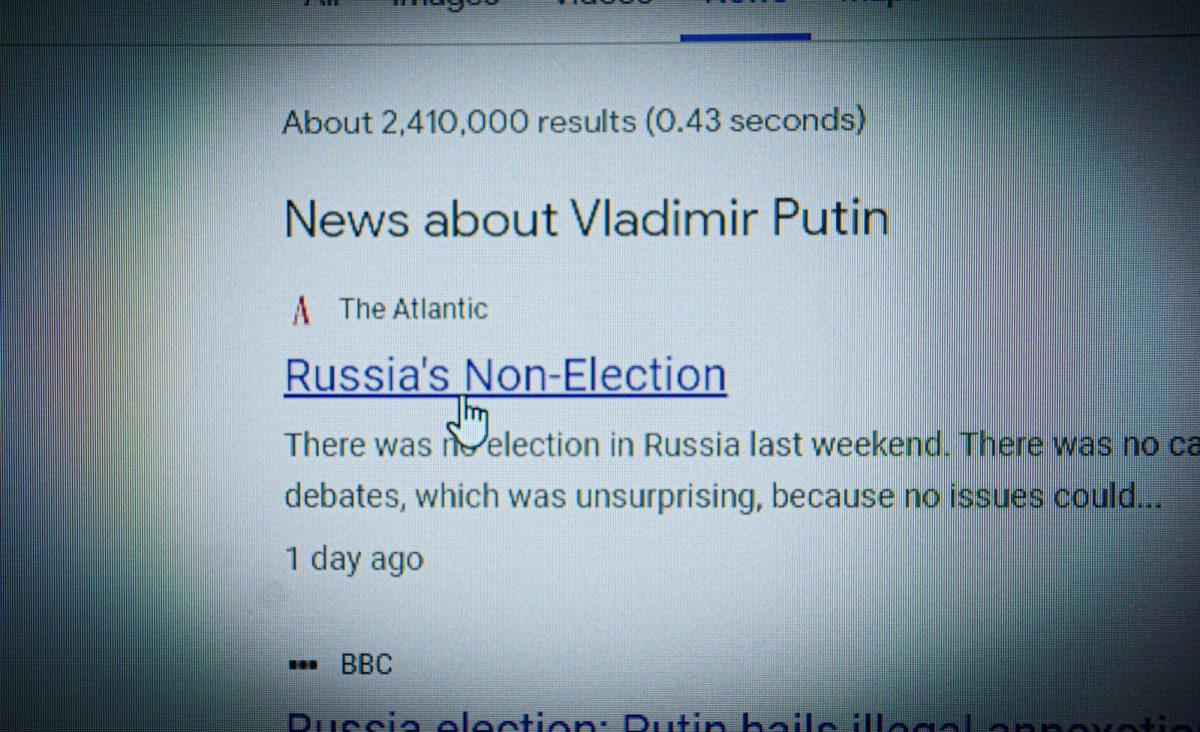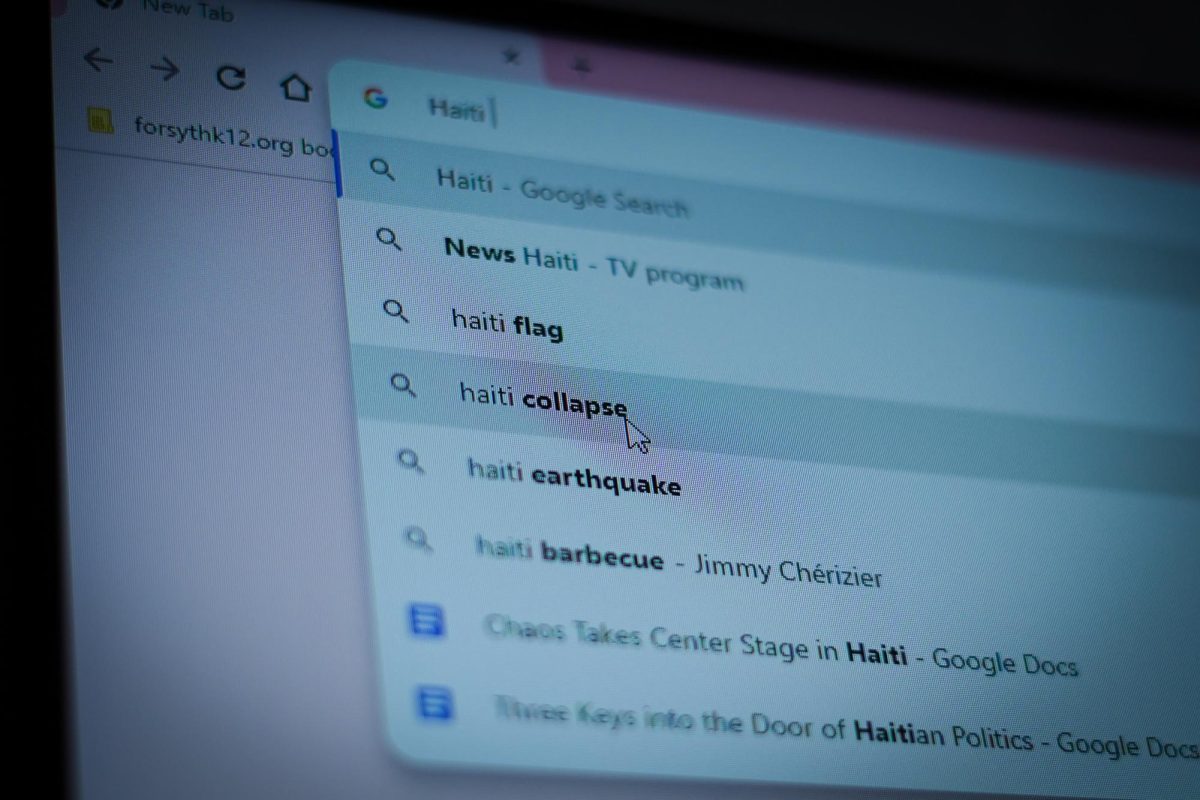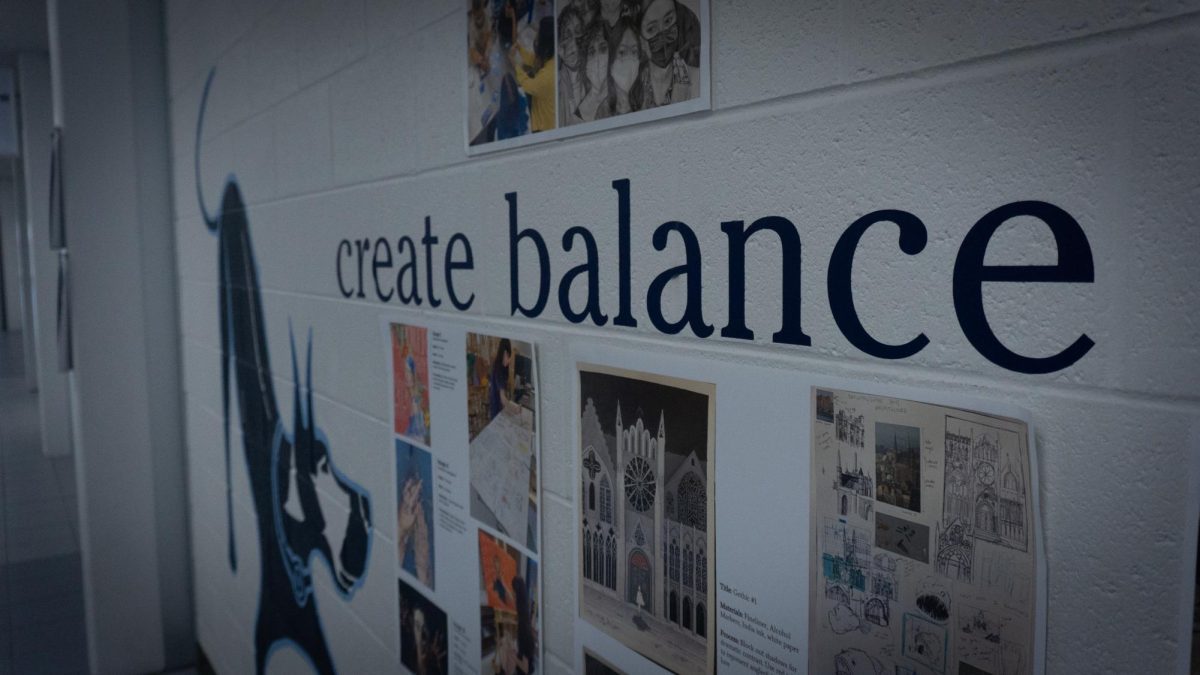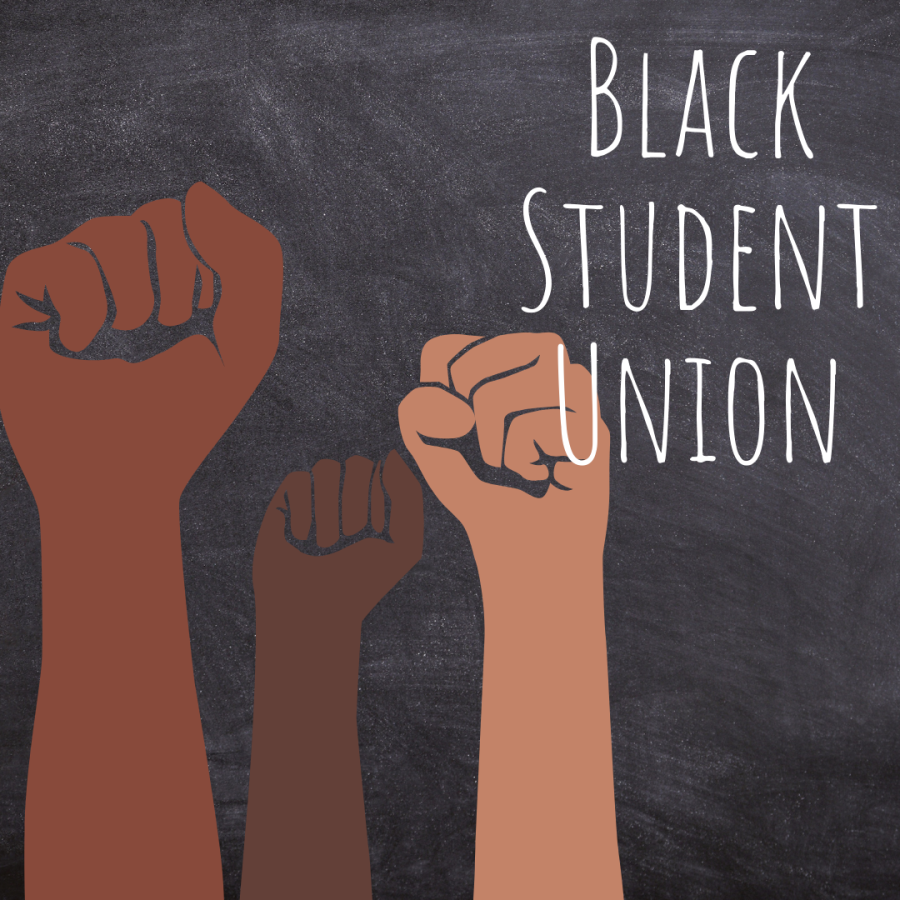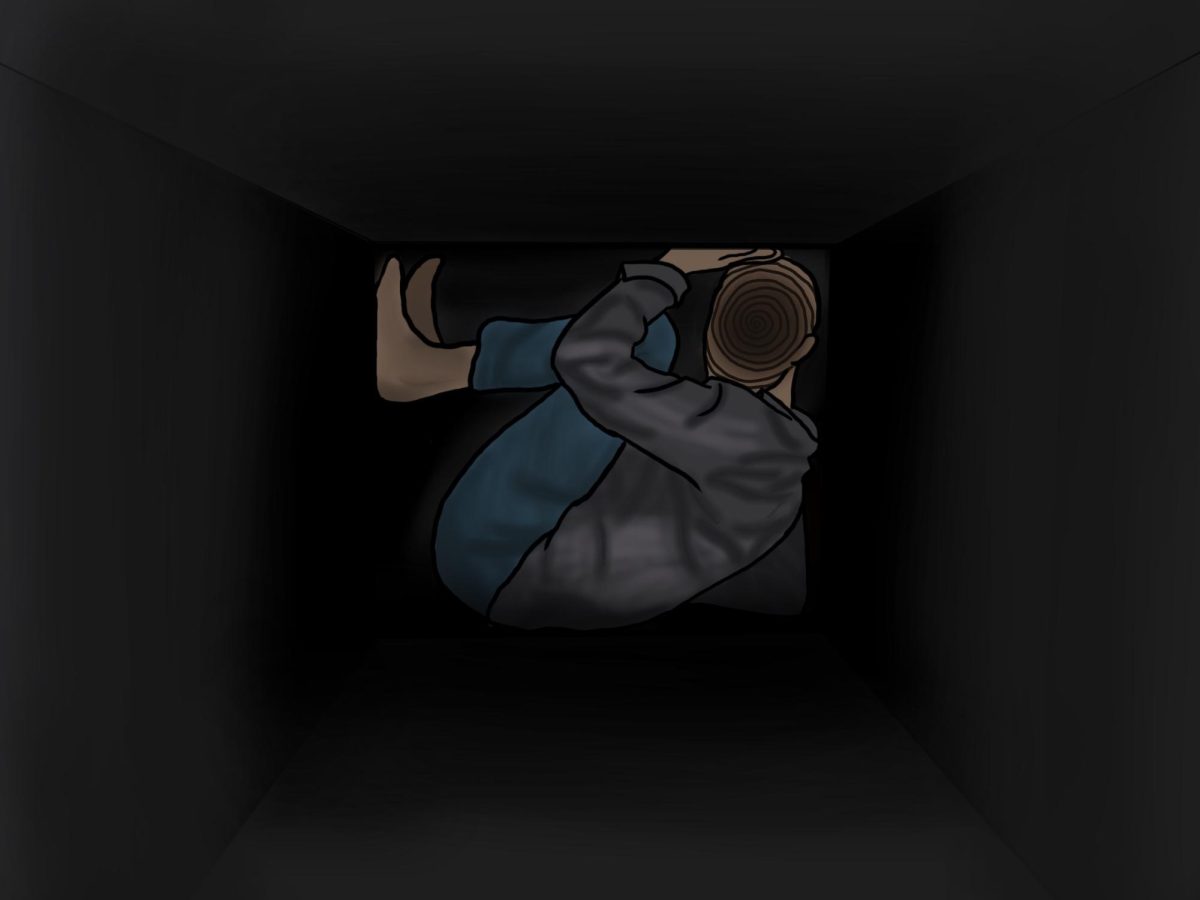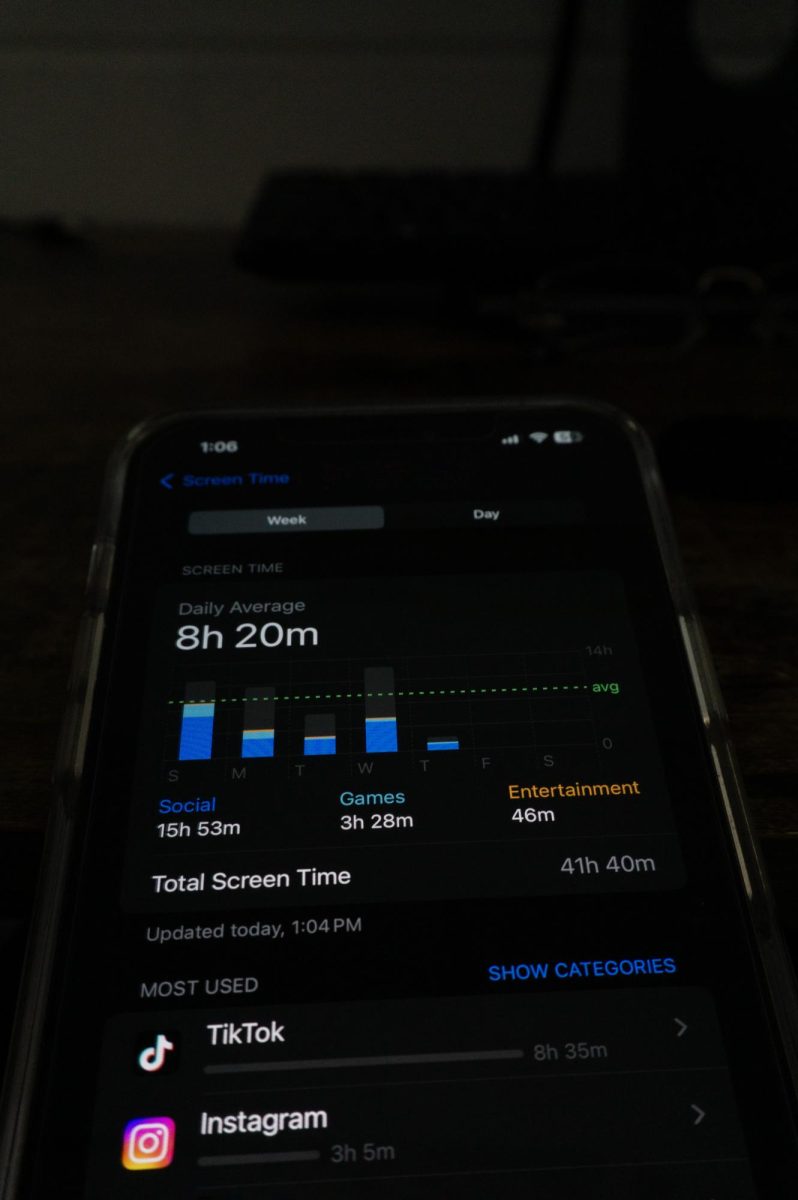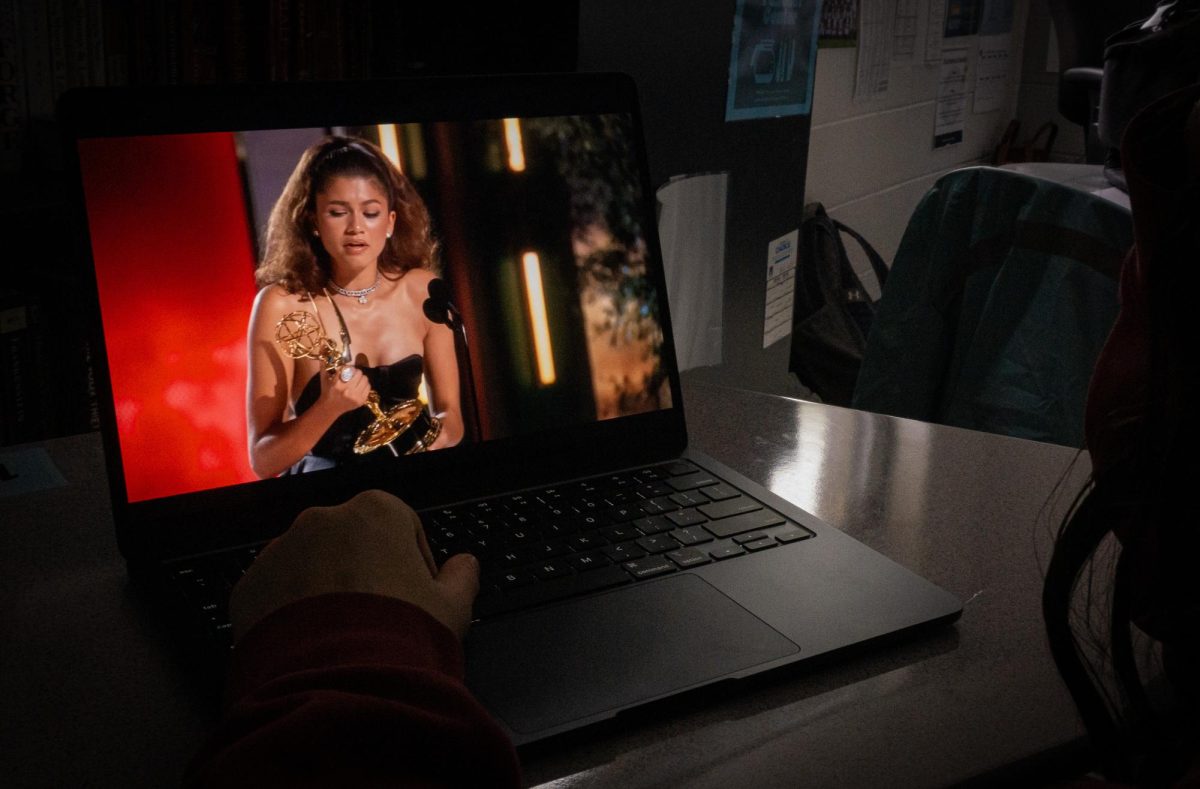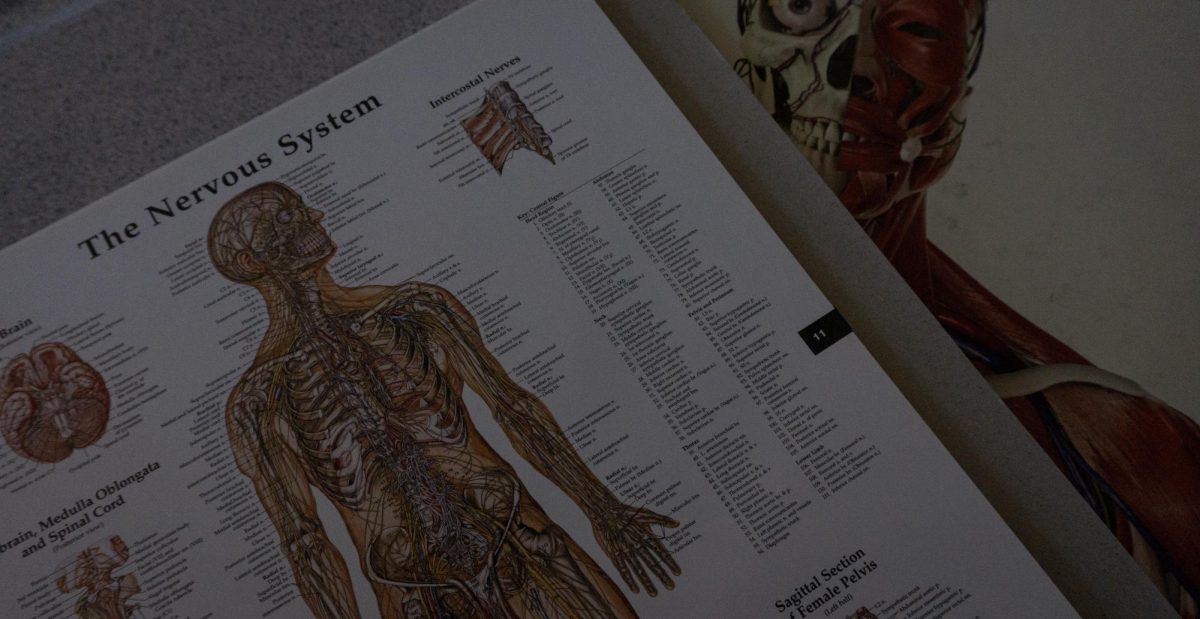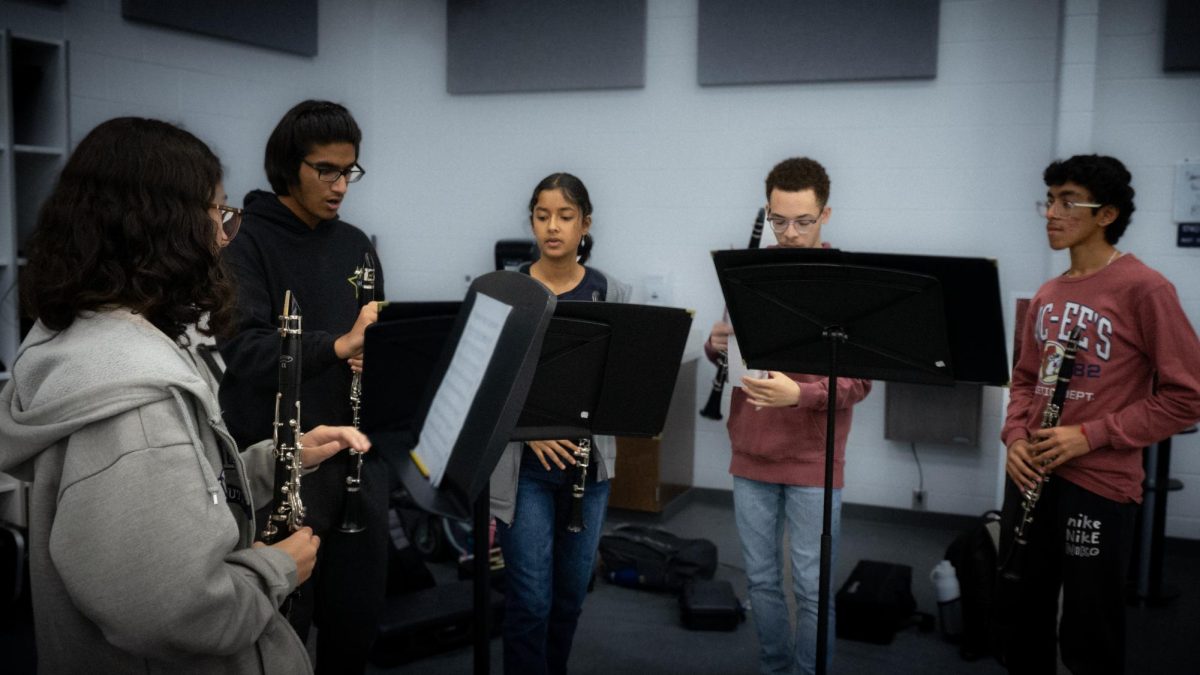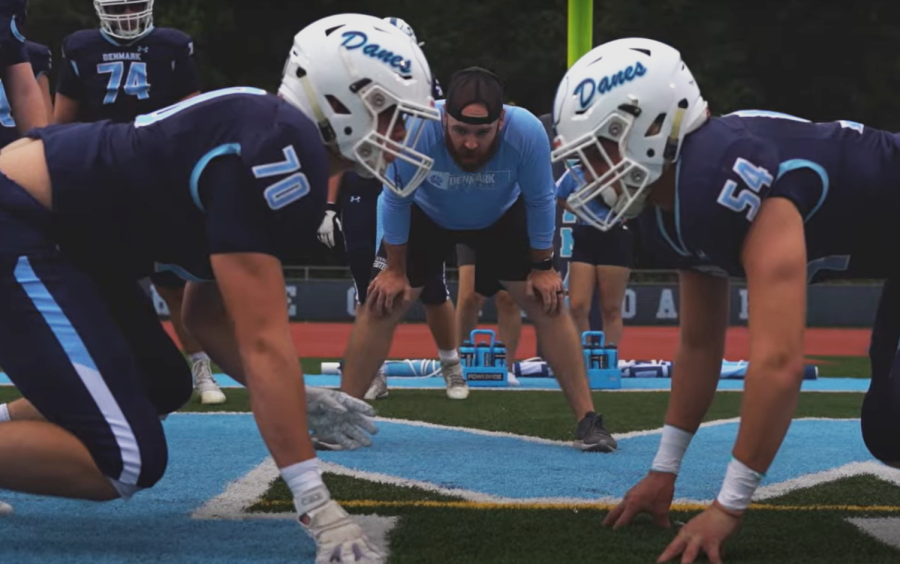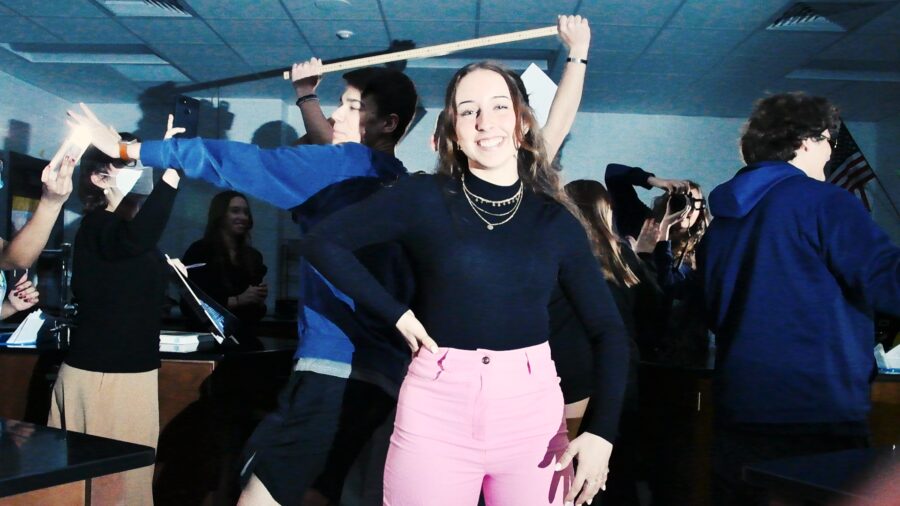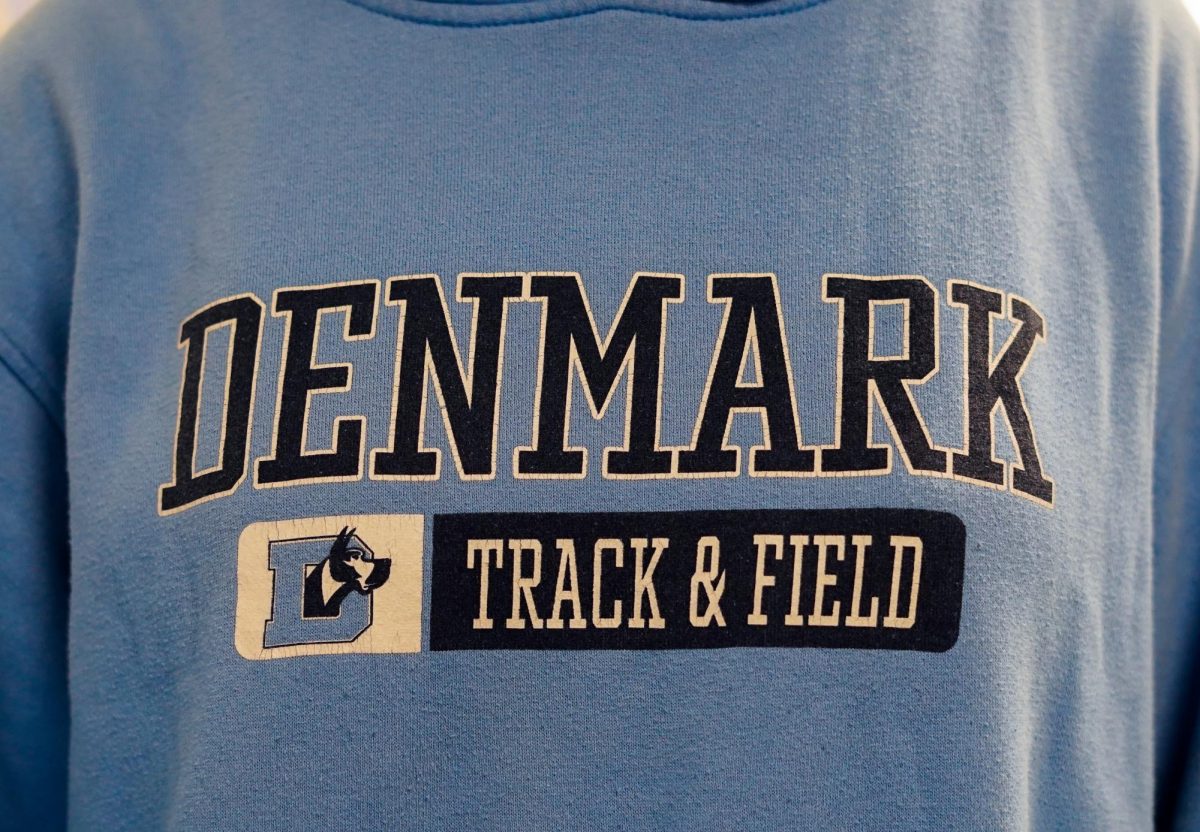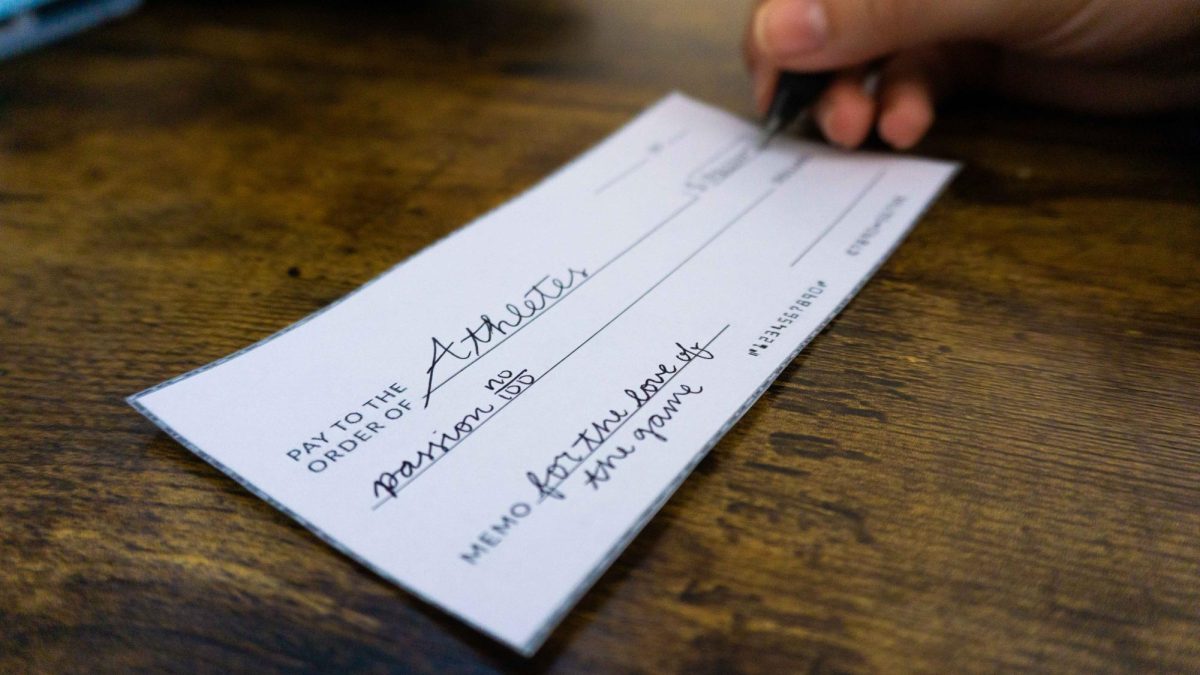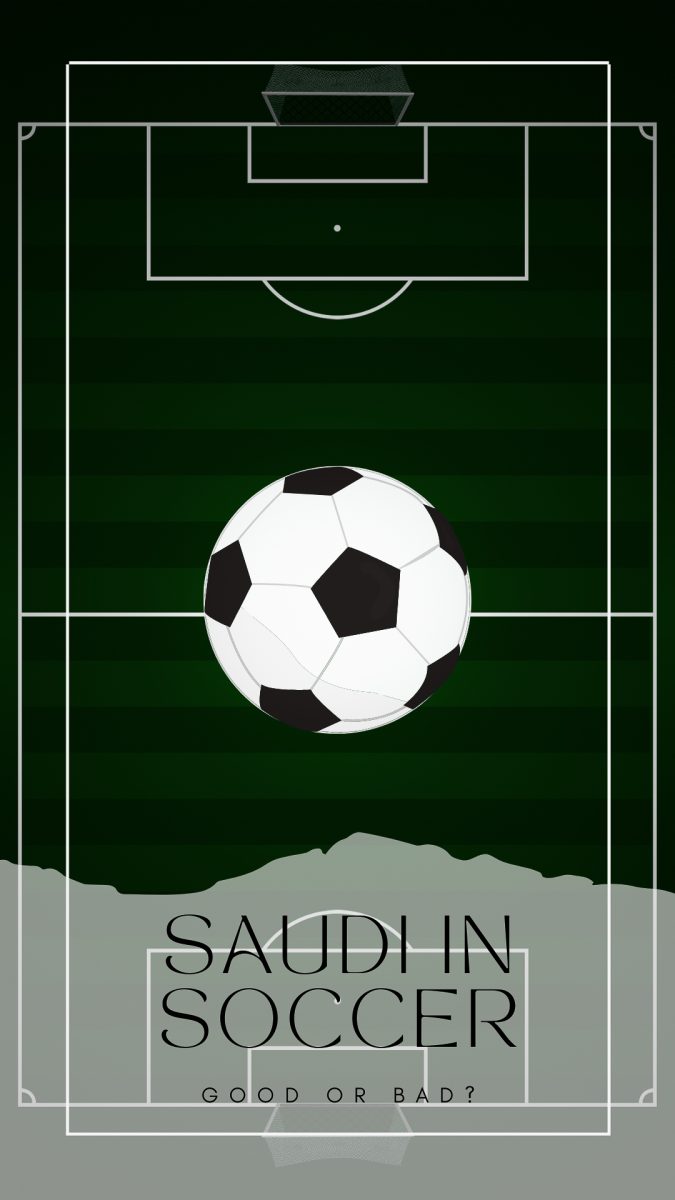
Corrupt leaders and weak foundations have grown like mold in the basement that is the Haitian government. Founded in 1804, Haiti’s growth as an independent nation began when black revolutionaries escaped slavery and French colonization. Economic instability found its roots in pools of debt when freedmen were forced to compensate French slave owners. Unfortunately, the Central American country has never left the mindset of revolting against the government
Interterrorism still wreaks havoc across the impoverished half of Hispaniola. Former policemen have turned their backs on the government due to Haiti’s history of deceitful rulers. The initial frustration for the citizens was known as Prime Minister Ariel Henry, who took office unelected in place of his assassinated predecessor, Jovenel Moïse. Henry, like Moïse, has violated the constitution by refusing to step down, and he claims that he will not hold an election when voters are unreliable.
Jimmy Chérizier, one of the aforementioned ex-police officers, has torched police stations and led a prison breakout of 4,000 inmates to “take destiny into [his] own hands” (COTO). The destitute expanses of money stretch to government officials, as the underfunded police are nothing more than pawns on Chérizier’s chessboard. Henry is in desperate need of international aid. His responses to the brutality have taken him off the board and to Kenya. Haitians objected to Henry’s actions and demanded his resignation. Many believe foreign intervention is the cause of political unrest.
“The destitute pools of money stretch to government officials as the underfunded police are nothing more than pawns on Chérizier’s chessboard.”
Henry’s hopes of deploying a United Nations-issued Kenyan task force have been crushed by his announcement of resignation, as Kenyan officials believe political turmoil will only add to the plethora of problems and deem them unstoppable. The current humanitarian crisis is boiling to its brink of overflowing due to Chérizier’s gangs closing down Haiti’s international airports. The gangs have prevented Henry from re-entering the country, which now stands with 15,000 homeless and 4,000,000 facing food insecurity.
The country’s concerns extend beyond politics. Similarly to how Ecuador’s geographical location has left it vulnerable to narcotics trafficking, Haiti sits on the intersection of two tectonic plates. With inadequate infrastructure, earthquakes demolish buildings like a lamb that cannot stand the weight of its wool. Poor preparation makes homelessness pervasive.
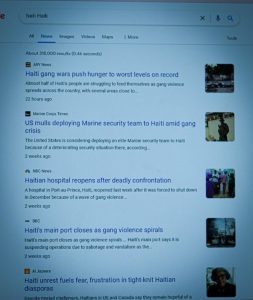
The brunt of these natural disasters and economic issues are often faced primarily by women due to traditional patriarchal systems, which have inhibited them from acquiring proper healthcare or education. Unfortunately, in comparison to other troubles in Haiti, women’s rights have been left in the dust. Currently, the only global effort towards aiding Haitian women is a program created by the United Nations Women that reports victims of gender-based violence and provides them with “medical care, psychosocial services, rehousing, and economic support” (UN Women). With the government limiting its focus to only Haiti’s political instability, women’s and children’s rights are targeted in their already vulnerable states. Domestic abuse and sexual assault have a long history in the tropical nation and remain prevalent when women have no access to the justice system.
The question of who will determine Haiti’s destiny is still being debated. Will the nation only rise out of the ashes with international support? Or, can Haiti address its issues from within? Some possibilities for a definitive solution include allowing the government to build a strong foundation by subsidizing the people instead of focusing solely on their careers. The government could gain popularity in the eyes of the people by ensuring that citizens have met their simple needs and, if not, providing them with welfare. With quality education and infrastructure, chaos can at least partly subside to encourage political participation among the general public. Women’s rights issues can also be assisted from the inside by allowing them to participate in government and therefore ensure that women receive the same basic needs as men.
COTO, DÁNICA, and EVENS SANON. “Ariel Henry, Haiti PM, says he’ll resign as violent gangs rampage.” AP News, 12 March 2024, https://apnews.com/article/haiti-henry-resignation-prime-minister-violence-28acaecc1d80d993c99fe43a5e1e1f7f. Accessed 19 March 2024.
“Haitian women and girls empowered by UN Women amid humanitarian crisis.” UN Women, 6 March 2024, https://www.unwomen.org/en/news-stories/feature-story/2024/03/haitian-women-and-girls-empowered-by-un-women-amid-humanitarian-crisis. Accessed 19 March 2024.
“Why is Haiti vulnerable to natural hazards and disasters? – Institute for Environment and Human Security.” UNU-EHS, https://ehs.unu.edu/media/in-the-media/why-is-haiti-vulnerable-to-natural-hazards-and-disasters.html#info. Accessed 21 March 2024.


